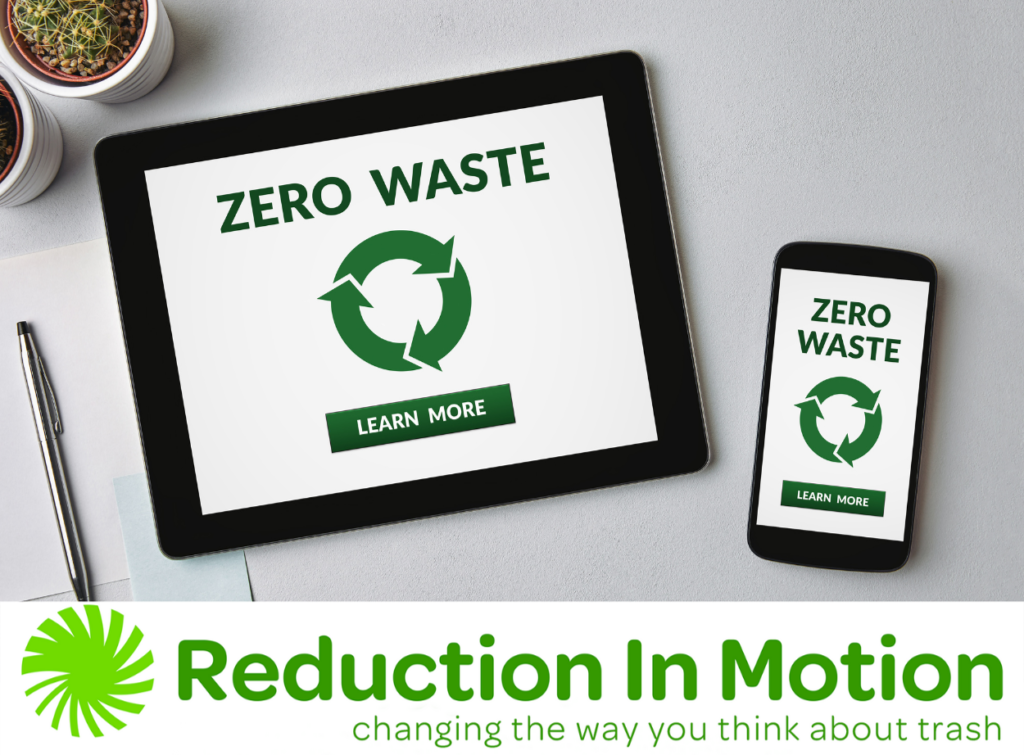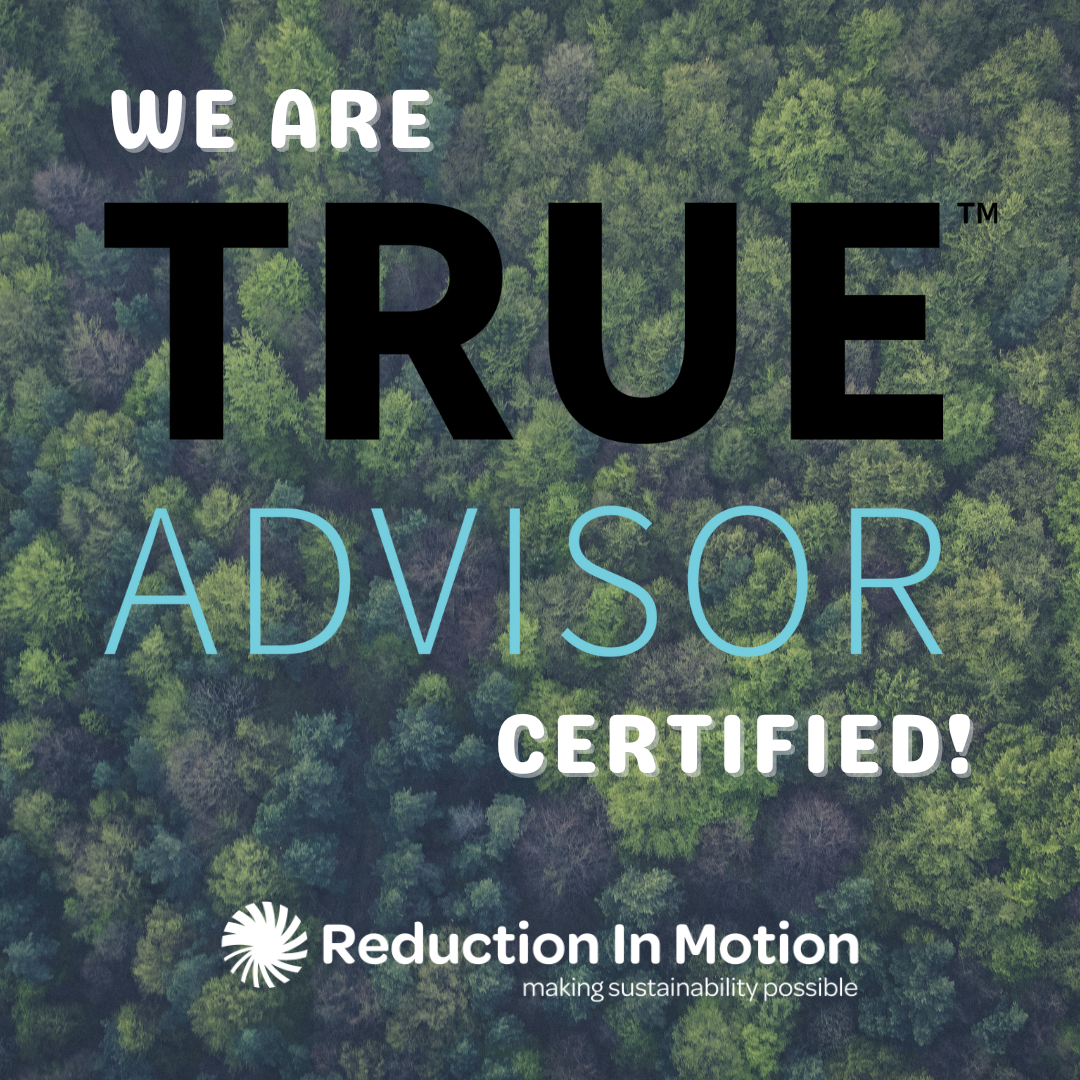DC Zero Waste Omnibus Act 2020
The District of Columbia has made major strides in passing legislation focused on litter prevention over the past few decades in effort to achieve their zero-waste goal of 80% diverted from landfill/incineration by 2032. A few notable efforts range from recycling requirements for businesses to bans on a variety of single-use items causing major litter problems throughout the district and its waterways including plastic shopping bags, styrofoam, and plastic straws. Most recently, DC has released the DC Zero Waste Omnibus Amendment Act of 2020. This law is focuses on providing new standards of multiple waste programs while strengthening requirements for organics, diversion, and recycling efforts for businesses and homeowners, while also establishing grant funding opportunities.
Although securing funding has proven itself to be difficult due to a variety of circumstances, including covid pandemic, some aspects of this plan have been delayed. Regardless, we thought it was beneficial to provide an overview of what’s coming in the next few months and years so you can be prepared. Follow along on this mini-series to learn key pieces that will impact businesses in DC!
Business Impacted by the DC Zero Waste Omnibus
Simply put, most likely yes, your business will be impacted in some way by this new piece of legislation. The following sectors will be impacted by at least one, if not a few aspects of the omnibus:
- retail food stores
- colleges and universities
- arenas and stadiums
- hospitals and nursing homes
- k-12 schools
- DC residents (for example, all batteries will be banned at the landfill, requiring all organizations, and furthermore all individuals to recycle batteries via the new free program expected with this legislation)
Initiatives Targeted by the DC Zero Waste Omnibus
This is an expansive piece of legislation, so a few key targeted areas of this legislation, many topics which we’ll explore further in future blogs of this mini-series:
- expanding recycling collection in public spaces
- diverting commercial food waste via composting, digestion, animal feed, or other methods
- increasing donation of edible foods for human consumption
- establishing free battery recycling for all battery types
- improve glass recycling opportunities for high generators
- improve safety measures for electronics recycling
- promoting reusable service ware, with a focus on reducing disposables
Get Help Going Zero Waste
If your business is impacted by the DC Zero Waste Omnibus Amendment, Reduction In Motion is here to help! Feel free to reach out to TrashTalk@reductioninmotion.com with any questions!

Our team of sustainability and waste consultants work together to develop content for our site. Contact us to learn more about something we’ve written about or would like us to focus on in the future.


